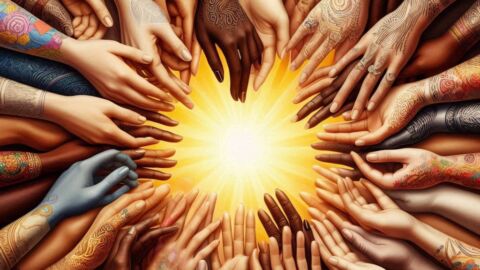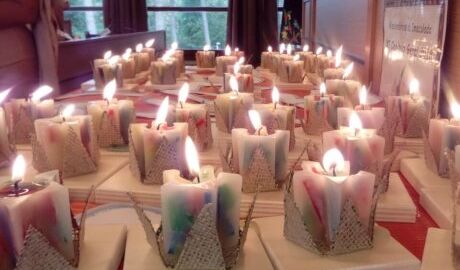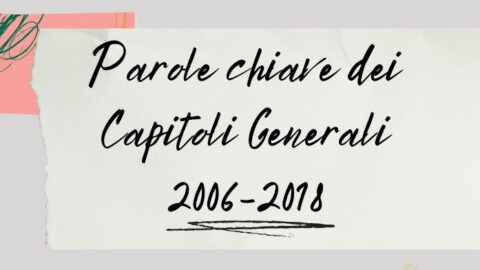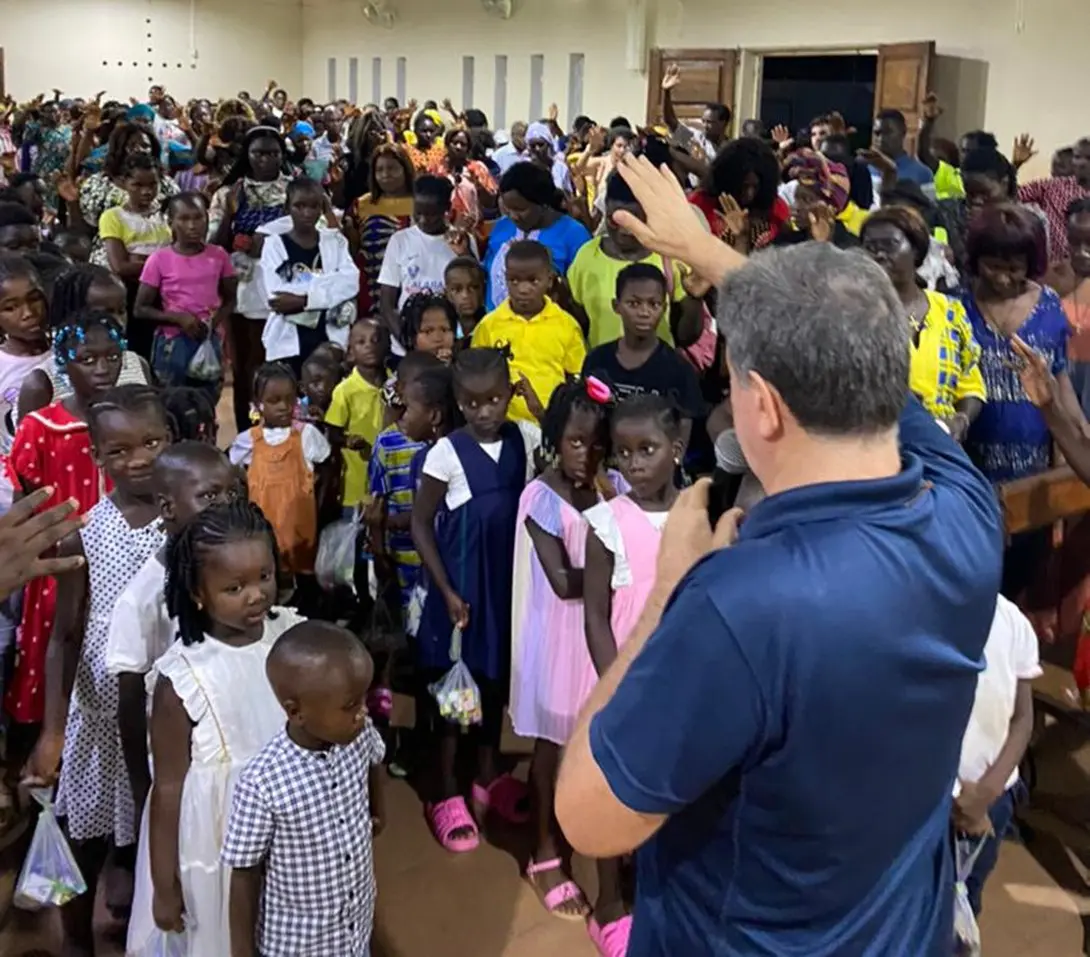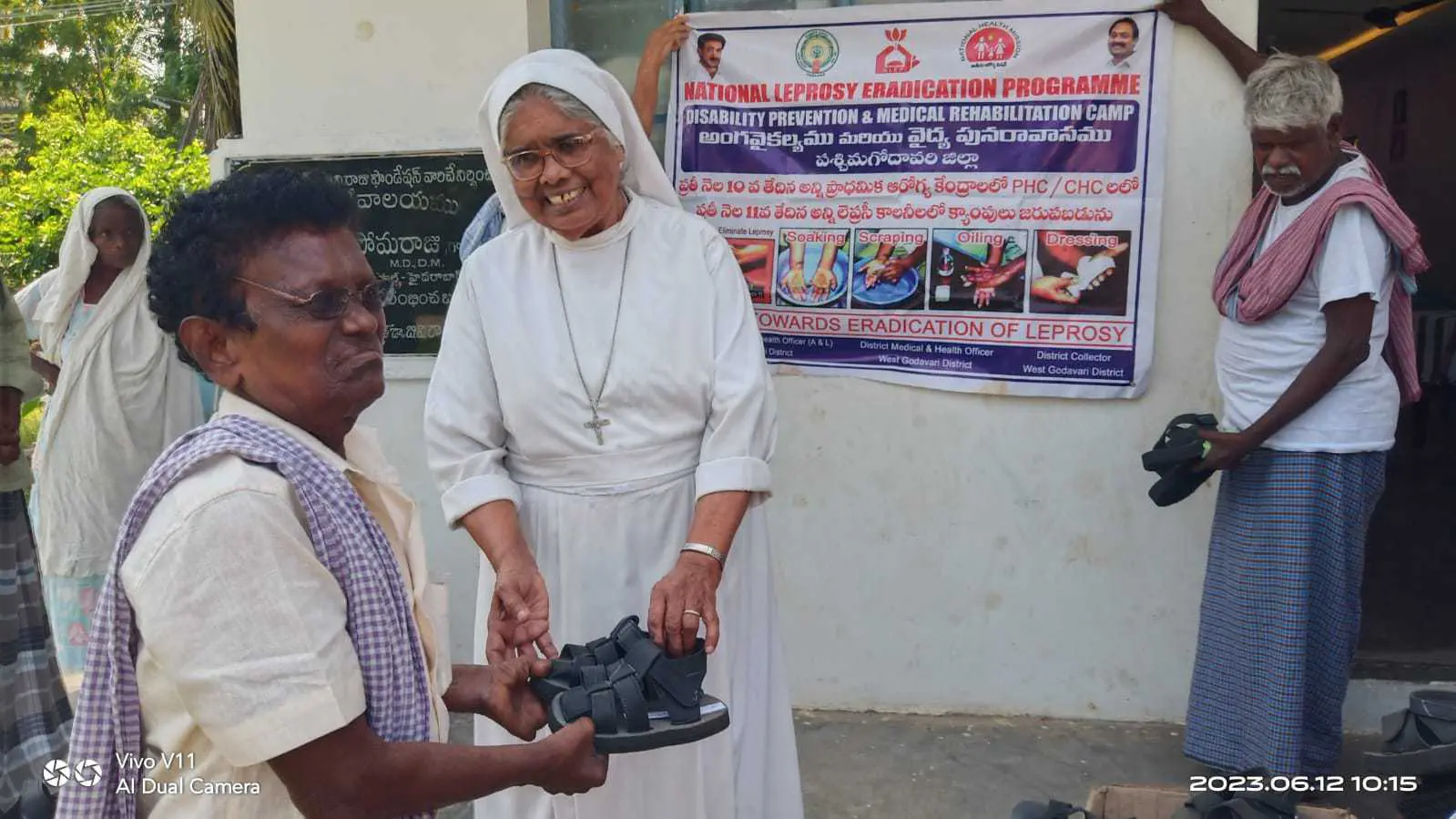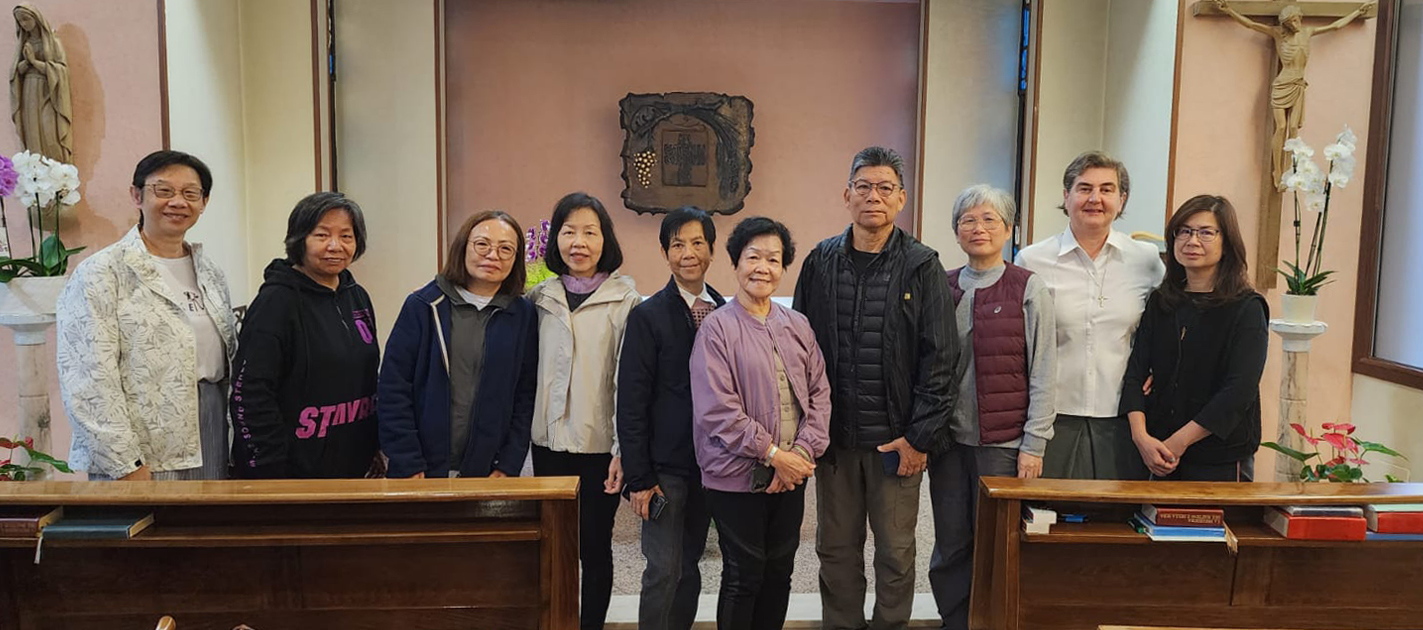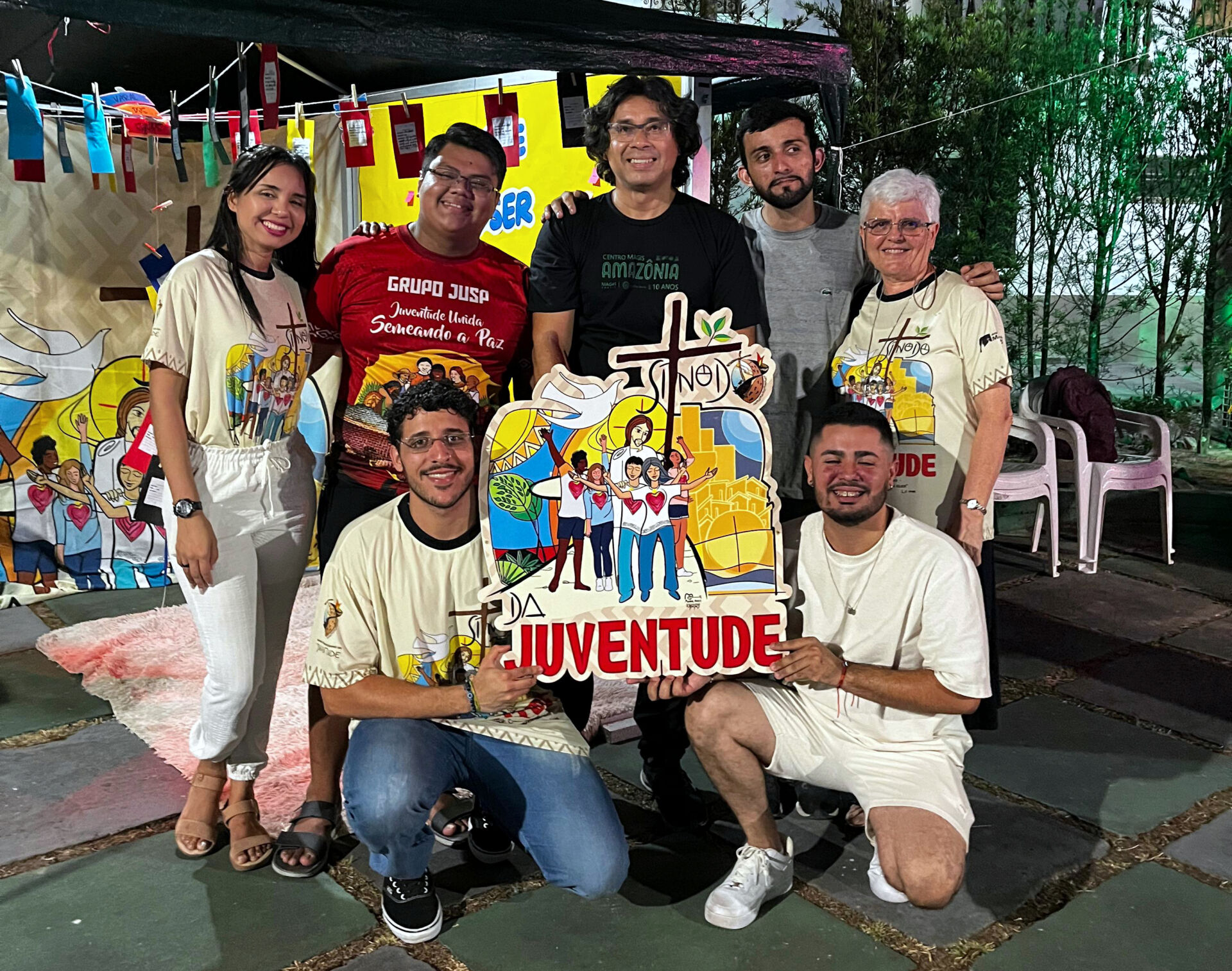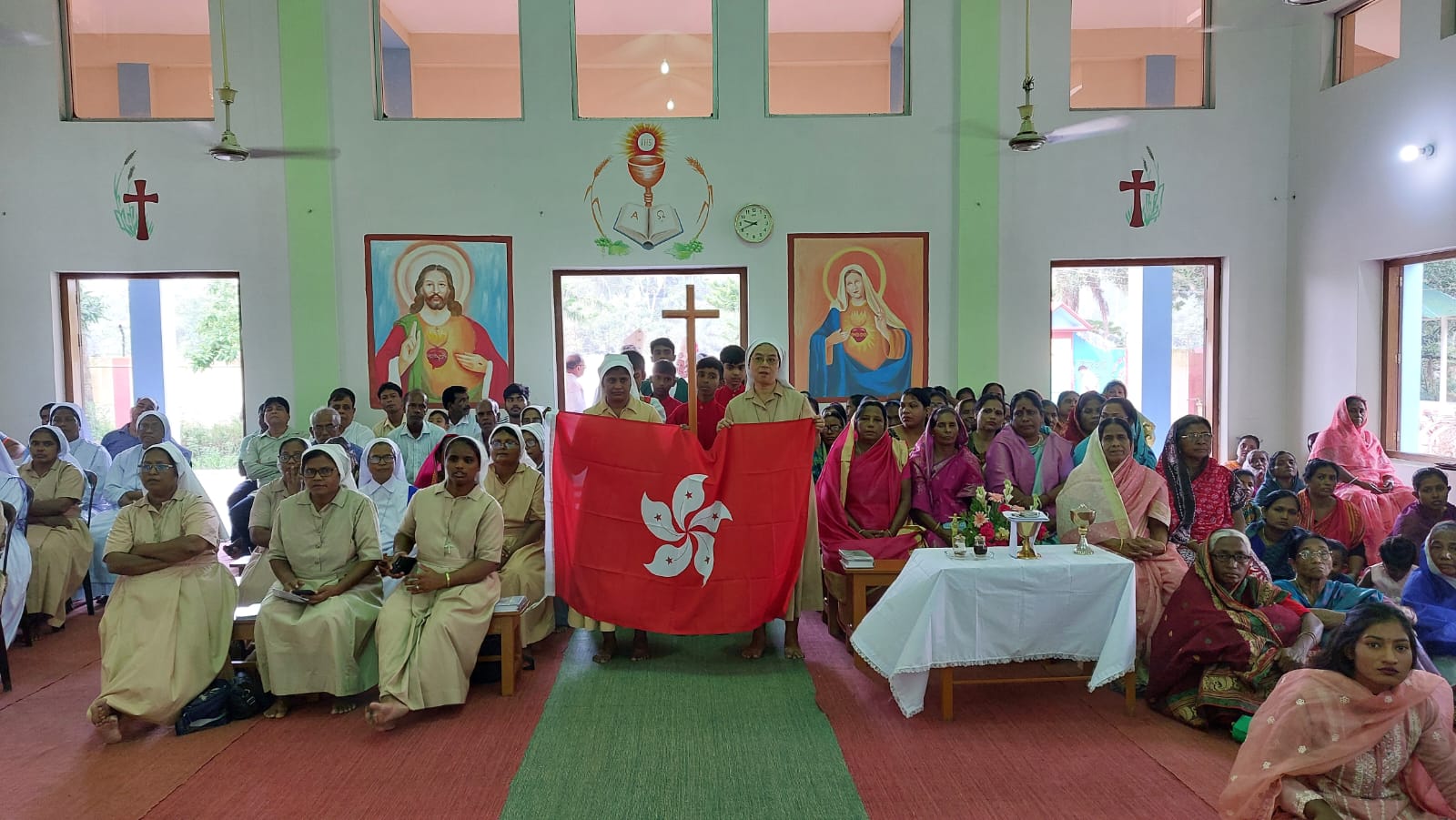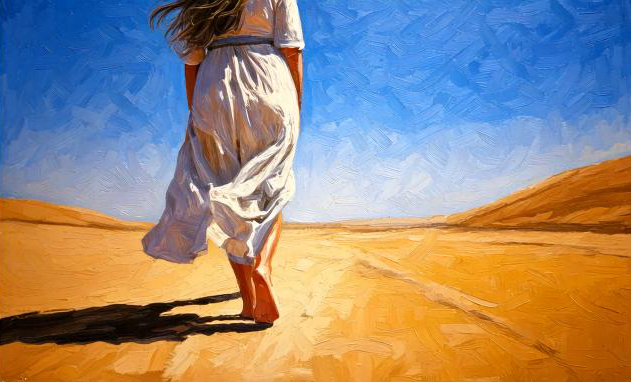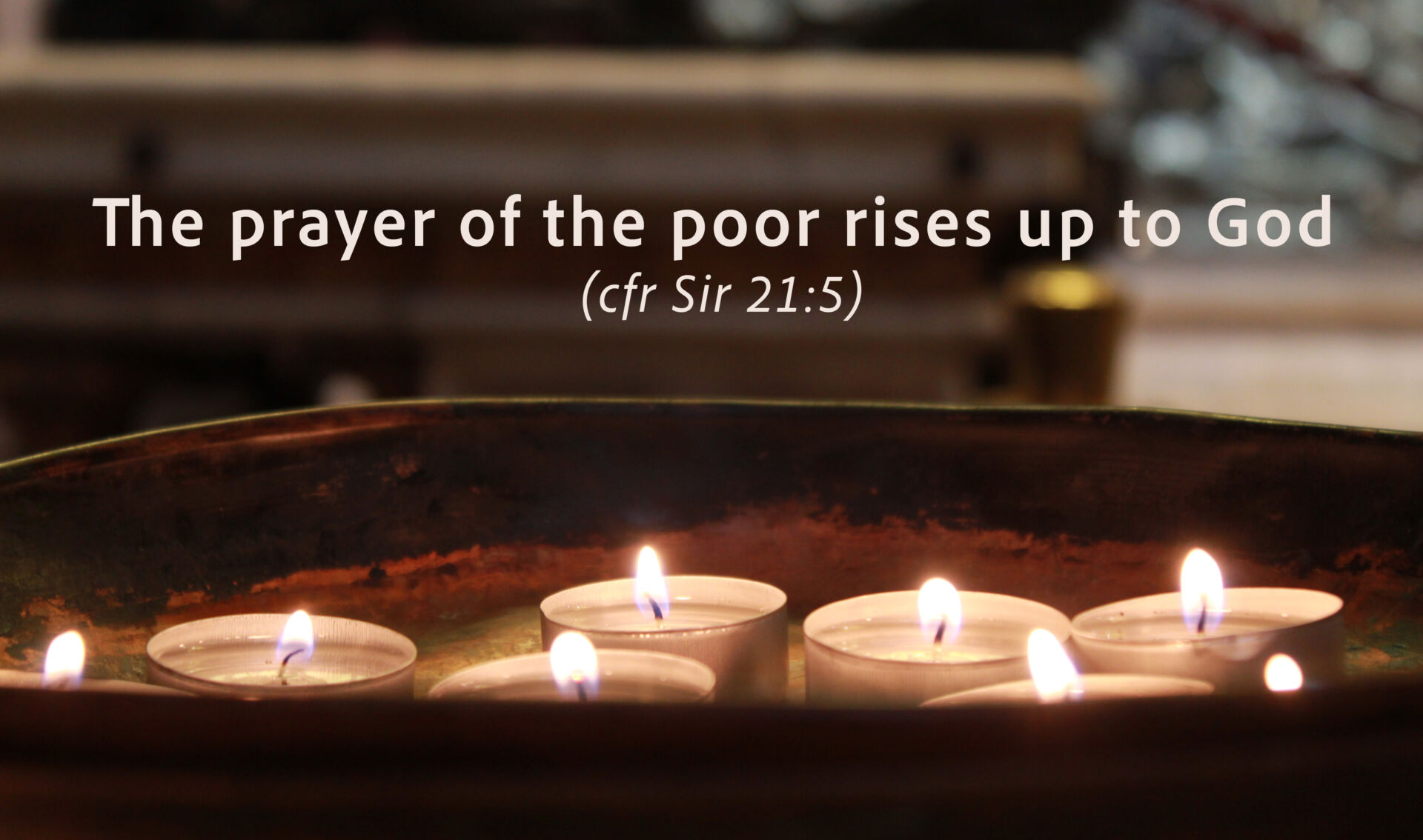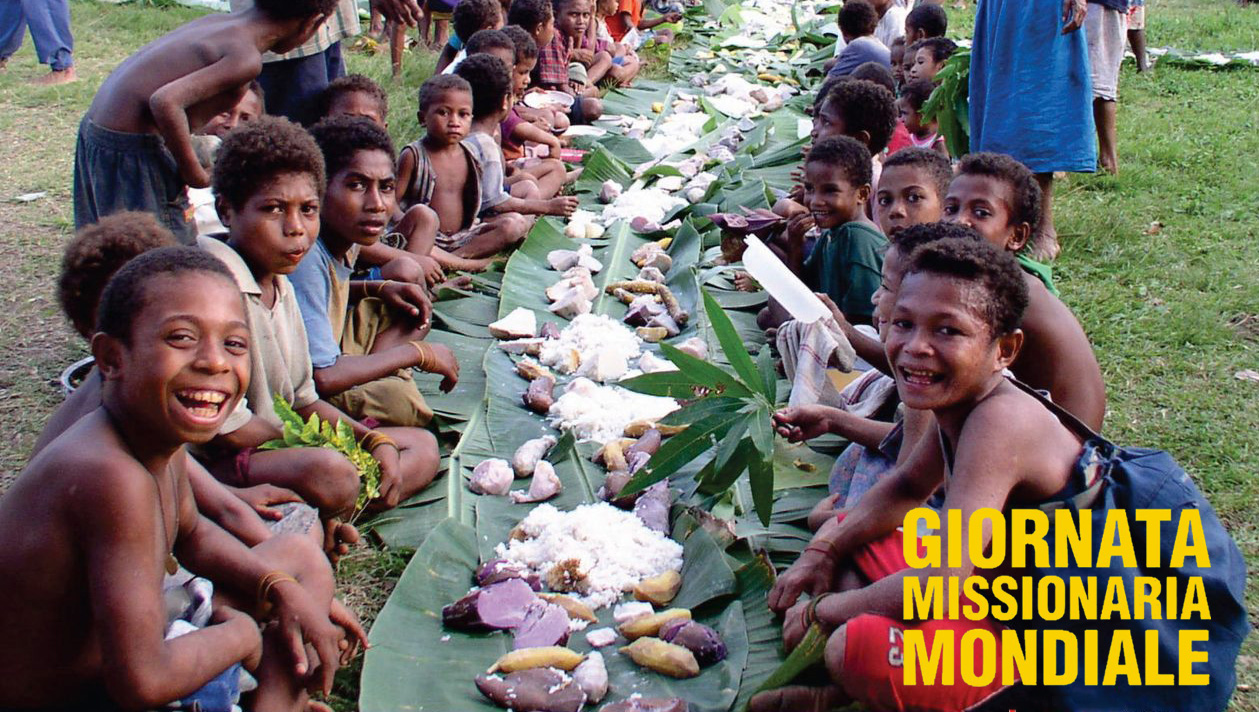
Bonds almost as impossible as ours: women who don’t know each other and walk together, they come from different worlds and think they can share, they are rather young than old, and they want to provide mutual service. They have a dream and promise to make it available or to transform it for the good of all; they trust, because they know they have met God’s gaze and have followed him.
Well, we are not the first to make life such an unlikely adventure!
This path of life can be so attractive that God wanted to leave a trace of it in Scripture by inspiring that small scroll from an anonymous person, which contains the story of Ruth (friend), Naomi (gentle), and their families.
A simple synthesis: a drought forces Noemi to leave Bethlehem with her husband and children and try her luck in the country of Moab, traditionally an enemy, but close and easy to reach. Her husband dies, her sons marry Moabite girls, then they too die leaving three single widows; Noemi decides to return home, because it seems that the famine is over; Orpah follows her advice and returns to her maternal home, Ruth is determined to follow her mother-in-law, to bind herself to her, to the God of Israel, to her people.
Women of different ages and backgrounds walk together and arrive in Bethlehem when the barley harvest begins; Ruth will find a field in which to glean, Boaz, the owner will show kindness to “the Moabite” and from their marriage Obed, great-grandfather of David, ancestor of Jesus will be born.
Leaving aside many details, let us get closer, for a moment, to these teachers of life. You can’t think of one without the other, you can’t say who gives more and who less, you can only remain moved next to two widows who have in common the love for the men who left them and who they become sisters, friends, companions, making pain a generative path.
Let us fix our gaze on some glimpses.
The first: Along the way to Bethlehem, the young woman offers full availability to the old woman: “Where you go, I will go” [1, 16 – 17]. Ruth, like every person who becomes an adult, decides who she wants to bond with, what to give up and whom to belong. This stance is also an act of faith: God, the Almighty, is not the one who embitters, but the one who will sweeten life and make it rich in new possibilities.
The second: Ruth, after a day’s work in the fields, returns to the city – so it is not a short journey. She puts down her enormous weight, 50 kilos or so, and then takes out a handful of toasted ears of barley put in the pocket of her apron, thinking of Naomi, when Boaz had invited her to sit with the others to eat and drink something, before starting to glean again under the midday sun.
Noemi was therefore present in her heart during the harvest; Ruth thought of her mother-in-law, of returning home, of sharing the fruits; there is love in this very simple gesture of saving a few ears of corn already cooked for those who no longer have the strength to go into the fields. We perceive a deep understanding watching them sitting at the table, after the sunsets, chatting about the fields and meetings and thanking the Lord for the benevolence received.
This ordinary and humble care runs through the story and it offers us the key to the bonds of yesterday and today: There is no obedience, no curiosity about the origins of others, no tenderness between young and old without allowing the hearts to be opened by looking at the lives of those around us.
A third scene or rather two: Ruth asks Naomi the permission to go for gleaning; the younger one consults the older one, the older one allows the younger one to express her energy by putting it at the service of both: there is no jealousy, no impediments, and no intrusions. “Go ahead, my daughter!” [2: 2], “I stay at home and wait for you”: there is only trust, freedom, difference. Noemi watches from afar, allows the risk of the fields in an unknown land, perhaps she has memories of her youth, of the adventures undertaken and is available to launch her young daughter-in-law into the race of a new life.
Even more: “Now wash and anoint yourself, put on your best clothes” [3, 3] … there is a time to work and a time to love, a time to wear the clothes of the gleaner and a time to abandon the clothes of widowhood. Noemi, a wise guide, knows how to give the right commands, those that, since they are given knowing the heart, grasp its desires and possibilities and open the way to the Lord. This solidarity, born from shared suffering, allows us to break down the most resistant cultural barriers: Moab welcomed the foreign family of Naomi and Elimelech, Ruth left her land to “go to people she did not know before” [2, 11], she learned its uses and found possibilities for redemption. Until, in the last scene, actually the men of Bethlehem who proclaim the union between enemy peoples: not just a marriage, not just a child, but “Noemi and Ruth like Rachel and Leah, the two women who founded Israel” [4, 11 – 12].
The story of these two women teaches us that the life of the believer is always a movement: leaving, getting up, and changing destination, going behind, continuously following events, meetings, going through sorrows and famines while waiting for new harvests.
Jesus, who came to break down every barrier of age, language, people and nation, demonstrates that this is a holy and blessed history. He shows that obedience is a question of love and not of sacrifice. It is He who welcomes and allows to be welcomed by this pair of women, strangers to each other, who make it a crucial moment in his genealogy [Mt 1, 3-6]. It could only be like this, given that our Master and Lord loves little ones, widows, foreigners, appreciates women and makes all the simple of heart his own people, his own family, his own mission.
Sr. Alessandra Bonifai
Who is sr. Alessandra
Sister Alessandra Bonifai, Sister from the Congregation of the Precious Blood, of Monza, has lived for some years in a community of families, in search of a good style of sharing between different vocations that together build the Church.
Since many years, she has been involved in formation, accompanying personal and community journeys. God has given her the gift of his Word, which has always been the favorite light to illuminate the journey.

